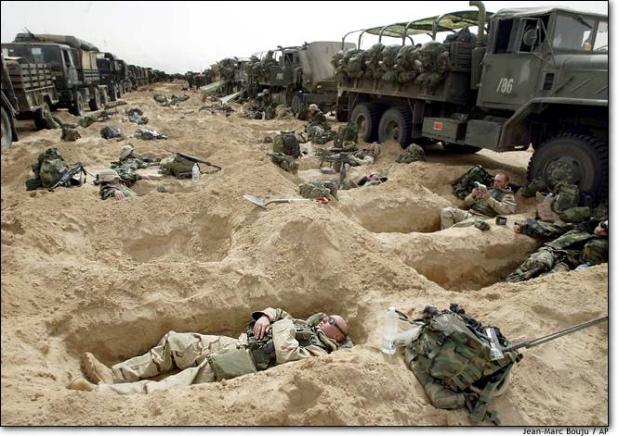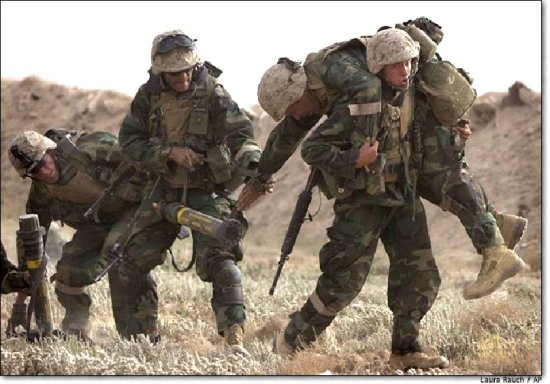
Miami Vet Center
2700 SW 3rd Avenue, Suite 1A
Miami, Fl 33129
305-859-8387
(fax) 305-530-7870

Coping with the stress of war
Many troops returning home from Iraq with
mental health disorders
By Don Teague
Correspondent
NBC News
Updated: 8:07 p.m. ET July 12, 2004
As a Marine sergeant, Tim Weiser had no tolerance for weakness. "I mean, people come up and they're sick,
you tell them to suck it up," says Weiser.
A strong man, he was charged with leading others in combat. And in the Battle of Nasiriyah, he saw plenty.
"Mortars were so close that, you know, we'd get smacked in the face with mud and dirt," he says.
Weiser and his men survived, but the sergeant who wouldn't tolerate weakness came home from Iraq a broken
man. "I was waking up crying. I was waking up just dripping wet with sweat," he says.
Weiser is now one of 8,000 Iraq War veterans receiving counseling through the Veterans Administration.
After returning from Iraq, he almost lost his fiancée and control of his life — a high price for trying to be strong.
Weiser was depressed, withdrawn, afraid to sleep, and suffering from Post Traumatic Stress Disorder, a
condition that, according to the Army, affects troops returning from Iraq at twice as high a rate as those who
served in Afghanistan.
"About 15 to 16 percent of soldiers and Marines who we surveyed had symptoms,” says Army Col. Charles
Hoge, M.D., Chief of Psychiatry at Walter Reed Hospital. More in troops seeing heavy combat.
Why are so many soldiers returning from Iraq suffering from PTSD? Because more troops than in recent
wars have seen heavy combat — a predictor, say experts, of how likely they are to suffer from PTSD.
But the same Army study — the first ever to be conducted during a continuing conflict — found many solders
are refusing available treatment, fearing it will jeopardize their military careers.
"There is a stigma associated with mental health care, seeking mental health care, having a problem that
might require mental health care," says Army Col. Thomas Burke, who serves as the Defense Department's
Director of Mental Healthy Policy.
Army Private Jessica Rich endured frequent mortar attacks during a year in Iraq. She's home now but feels
like a changed person. "I get up in the middle of the night, shut my doors ... over and over and over ... It's
hard to sleep," says Rich.
She says she's improving with Army counseling, but waited months to seek help. That’s a common mistake,
says Lynwood Bradley, a veteran readjustment counselor. "The important piece here is the early beginning of
their recovery."
© 2004 MSNBC Interactive

HOW
DID
YOU
SLEEP
LAST
NIGHT?



